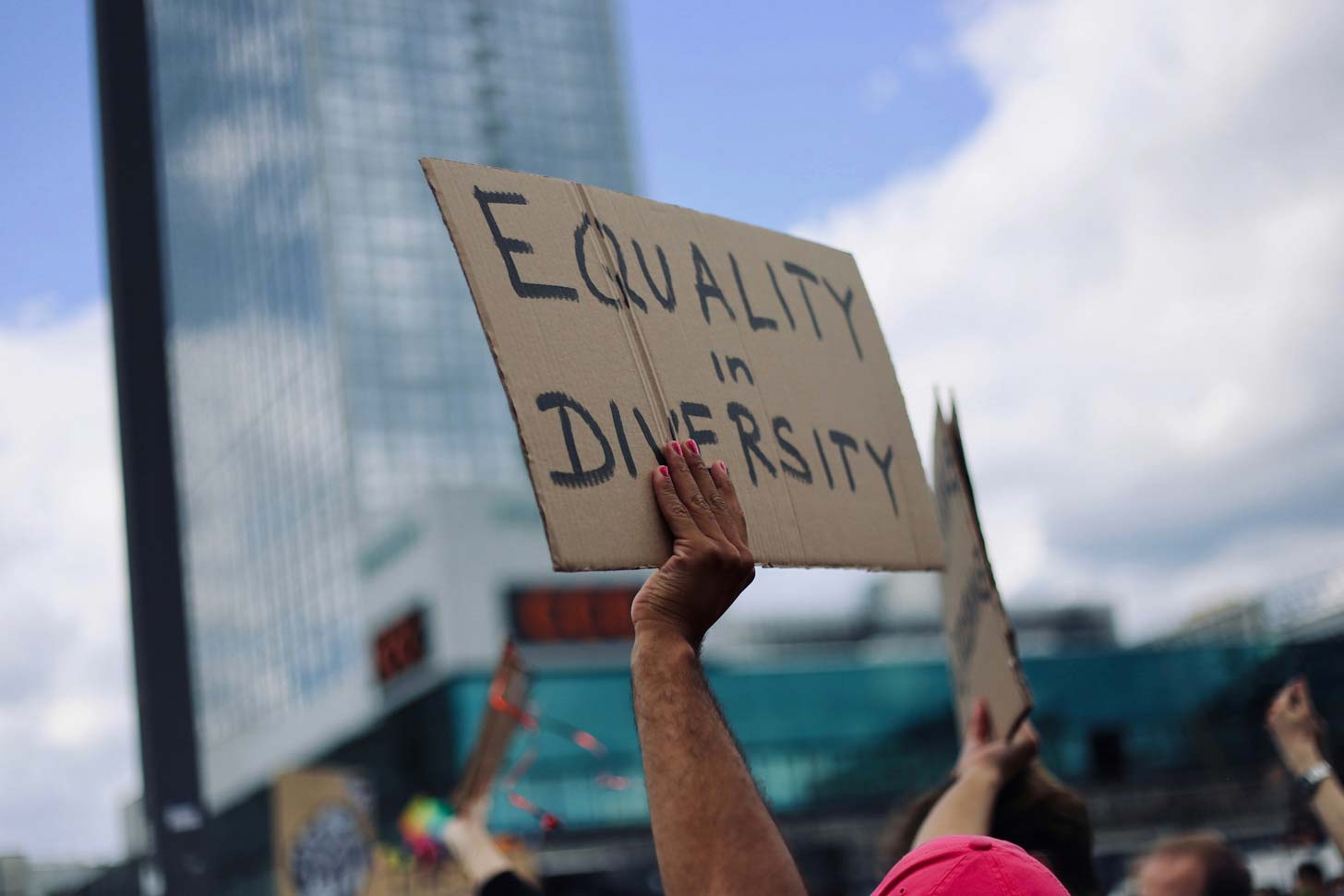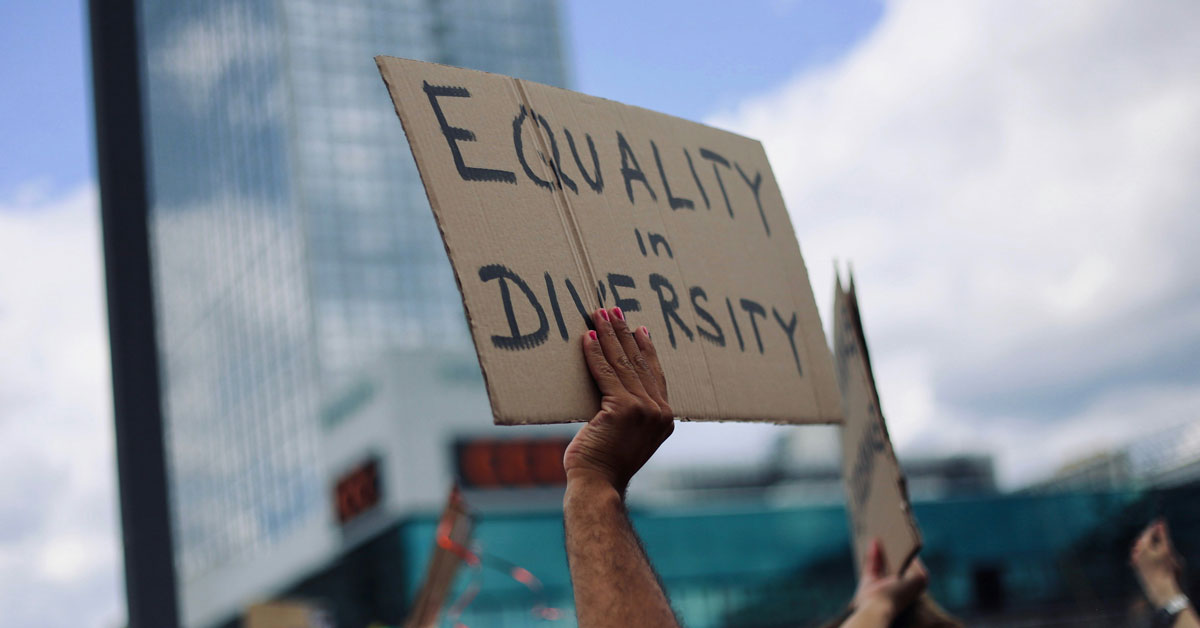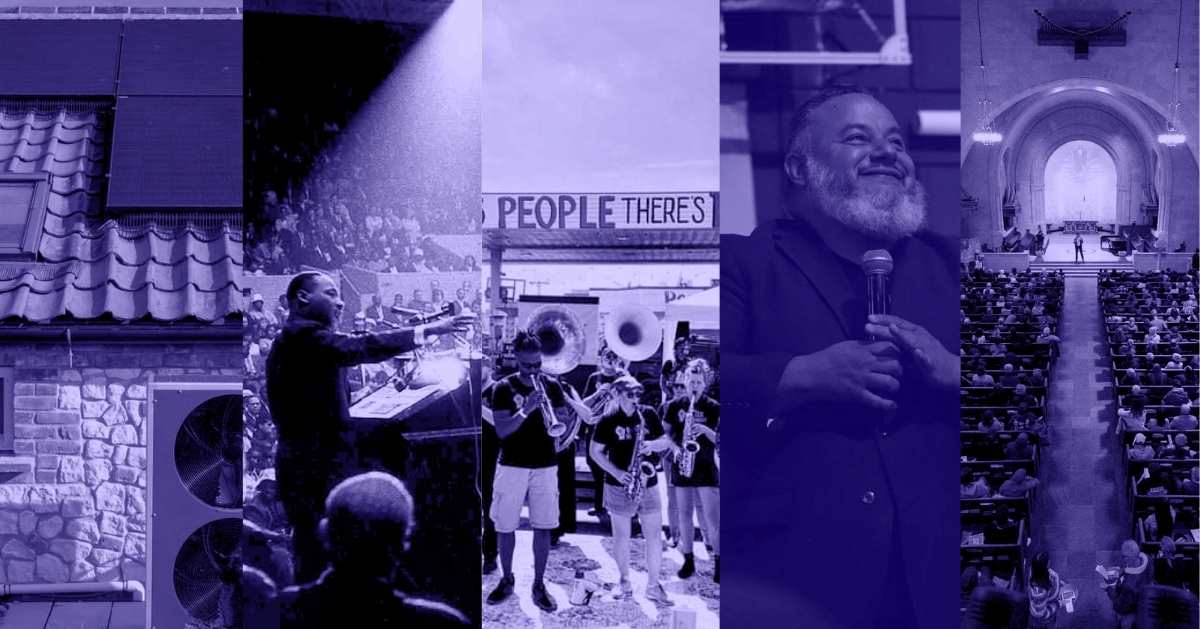Amid potent political divides and efforts by the Trump administration to eliminate diversity, equity, and inclusion programs across the federal government, education system, and private sector, a new study offers a different perspective.
According to researchers at the University of Copenhagen, Yale University, and the University of Chicago, most Americans actually want a more ethnically and religiously diverse society than the one they live in today.

“We wanted to investigate whether the idea of a multicultural United States still has popular support — and it does, to a large extent,’ Séamus Power, lead author and associate professor in the Department of Psychology at the University of Copenhagen, said in a statement.
The study, which was published in the journal “Ethos,” conducted a representative questionnaire survey of 986 American citizens. The participants were asked to assess both the actual and their ideal composition of ethnic and religious groups in the U.S.
“Two-thirds of participants wanted a more ethnically diverse United States than the current one,” Power summarized, “and more than half wanted greater religious diversity.”
Perhaps among the most surprising findings was that these sentiments persisted among white Christian Americans. This group of people is often connected to fears of demographic change, and although more extreme anti-diversity views do exist, the majority of those surveyed were in favor of increased diversity in the U.S.
“Our data shows that only 1.1% want an ethnically homogeneous United States, and only 3.2% want a religiously homogeneous society,” Power said.
“Although we should not underestimate the significance of these extreme views when they are scaled up to the entire population of the United States.”
Other findings in the study indicated that Americans generally overestimate the proportion of minority groups in the country and underestimate the size of the white and Protestant populations. Despite this perspective, the desire for diversity applied across political and religious divides.
“The multicultural ideal is not just something that exists in academic circles or among minorities,” Power added. “It is a fundamental part of how many Americans understand their country.”
Powers and his fellow researchers hope the findings of this study can contribute to a greater understanding among Americans and reduce polarization when it comes to identity and belonging across the country.
“It is crucial to the debate to know that it is not the desire for uniformity, but the acceptance of diversity that characterises Americans' ideal image of their nation,” Power concludes.
“Multiculturalism is perhaps more American than apple pie.”
Header image by Amy Elting on Unsplash



